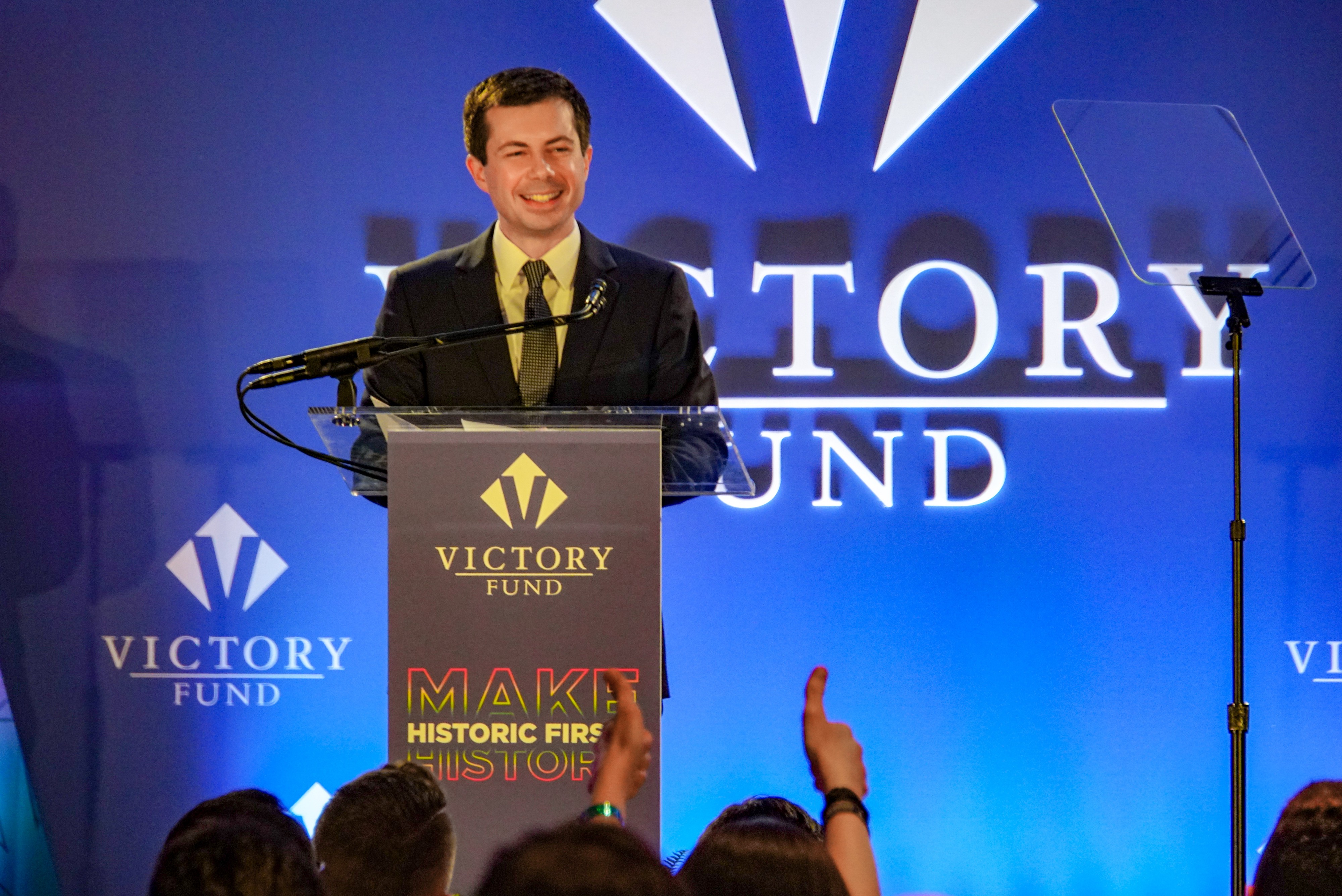Insights
On Millennials, Minutiae and Mayor Pete: Never Assume.

Enough with the headlines asking if it’s time — it’s clear that the political torch has been passed down to the next generation. The midterms left the House of Representatives with almost five times as many Millennials as it had in its prior session. No one, regardless of age, who marched with the Parkland students on the issue of gun control, or with Greta Thunberg on climate change, had any doubt about who the grown-ups in the room were.
This generational shift comes at a pivotal moment in U.S. history, so absolutely nothing about the “how” or the “who” of this transition should be taken for granted. No matter which way the pendulum swings in 2020, the effects of the upcoming election will be felt in our country for many years to come, and understanding the gravity of the situation is imperative.
For nearly three decades, political pundits have declared younger voters are essential to the outcome of American elections. It still hasn’t happened. In 2016, just 46% of eligible voters from that generation voted, compared to 69% of eligible Baby Boomers.
But today, signs of an impending youth wave indicate it will finally be different this time. Compared to 2014, youth participation in the 2018’s midterms was up 188%, indicating that 2020 might actually be the ‘Year of the Millennial.’ The Millennial generation is now officially the country’s largest. It already represents more registered voters than any other age group. The argument can be made that it has the most skin in the game, since it will be the generation that answers for the many economic, social, and environmental decisions made by previous generations.
The generation is ready for its political moment. Millennials have already bested the lazy, entitled and narcissistic labels ascribed to them by older generations. They’re surviving soaring rents and record levels of student loan debt, and their difficulties shifting into the middle class are a predictable economic consequence that may well explain why so many are still living at home.
But take care before making any more assumptions about how this group will vote. Yes, the House Millennials are all progressive Democrats. Yes, Millennials and Gen Xers run counter to Boomers and Silents on immigration, race, government size, and many other issues. Yet, it would be a major mistake to assume today how Millennials will vote or that they’ll vote as some kind of monochromatic bloc, or that they will automatically vote for one of their own.
If we learned anything from 2016, it should be the need to avoid Personality Politics Fixation Disorder. The problem isn’t Trump and the solution isn’t the anti-Trump. The problem is why Trump was elected: too many Americans feel the system is stacked against them. Too many Americans feel failed by what has transpired in our nation’s government in recent years. At the same time, younger voters worried about the legacy they’re being handed are taking an increasingly proactive and leadership role in political and civil society.
This doesn’t mean it’s time for old white men to hang up their skates. Age is neither the golden ticket nor the fatal flaw. In the 2016 campaign, Bernie Sanders won more votes among under-30s than Clinton and Trump combined, and Joe Biden is leading in the polls today. Biden’s bump doesn’t necessarily mean he’s going to win, especially in an election dominated by youth voters, any more than does Barack Obama’s demonstrated confidence in his potential to be President.
This year’s election will feature a kind of presidential candidate that has not been seen before, and who has generated a considerable amount of buzz already. Mayor Pete Buttigieg of South Bend, Indiana is being hailed as THE Millennial candidate. He’s young, smart, articulate, inspiring, open about his strong faith and his committed, same-sex marriage. He has served his country and has executive experience in the rust belt from which Trump drew many disaffected voters.
But neither Buttigieg, nor the pundits who have elevated him in this race, should assume that Buttigieg’s generational peers will fall into line, Pied-Piper-like, even if they are charmed by his age, his bio, or his charisma. In a CNN Town Hall last month, Buttigieg said: “It’s important we don’t drown people in minutiae before we’ve vindicated the values that animate our policies … I expect it will be very easy to tell where I stand on every policy issue of our time. But I’m going to take time to lay that out.” I humbly suggest that he not wait too long or wait to be asked. A policy focus, as much as ethics and passion, is what’s driving Alexandria Ocasio-Cortez’s political tsunami. Millennials are more of a “show me and tell me generation” than a “me generation.” They want to see clear plans and paths toward substantive change, and they have a sharply tuned BS radar.
So Buttigieg has the generational edge in a race that is likely to be defined as the Year of the Millennial. But to be able to count on the support of those voters moving forward, he will need to illustrate how he will implement their shared vision of addressing climate change, comprehensive and humane immigration reform, and racial and gender equality. Buttigieg has shown the needed humility and passion. If he moves quickly enough to outline the equally essential substance and concrete action, the Millennial vote might just be his for the taking. In turn, it could deliver the nomination, and potentially the White House. But that’s too early to predict, and far too early to assume.